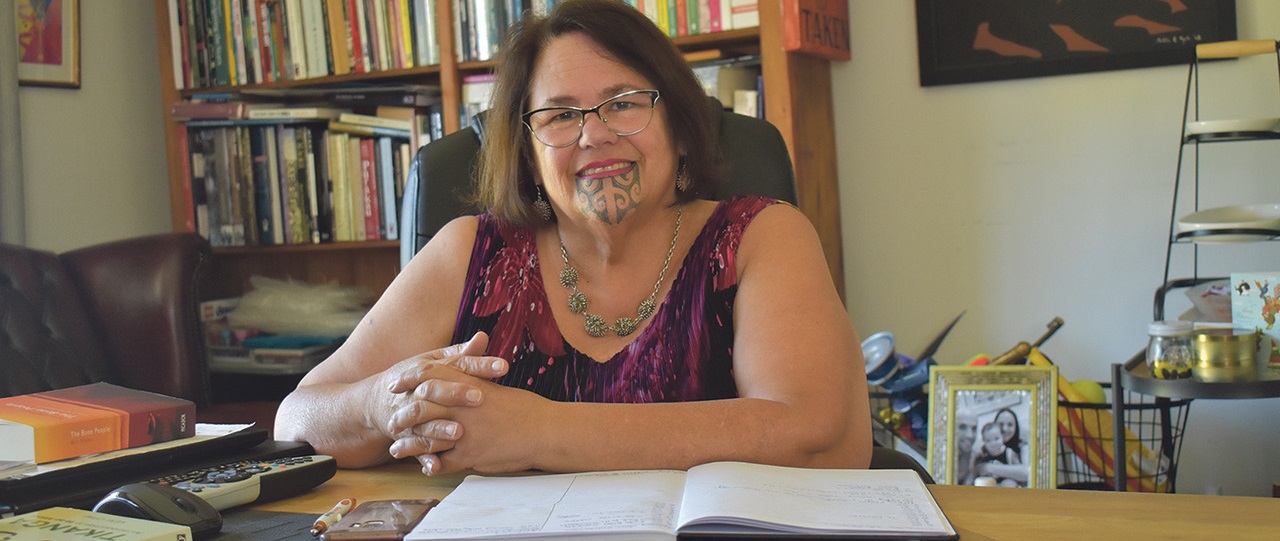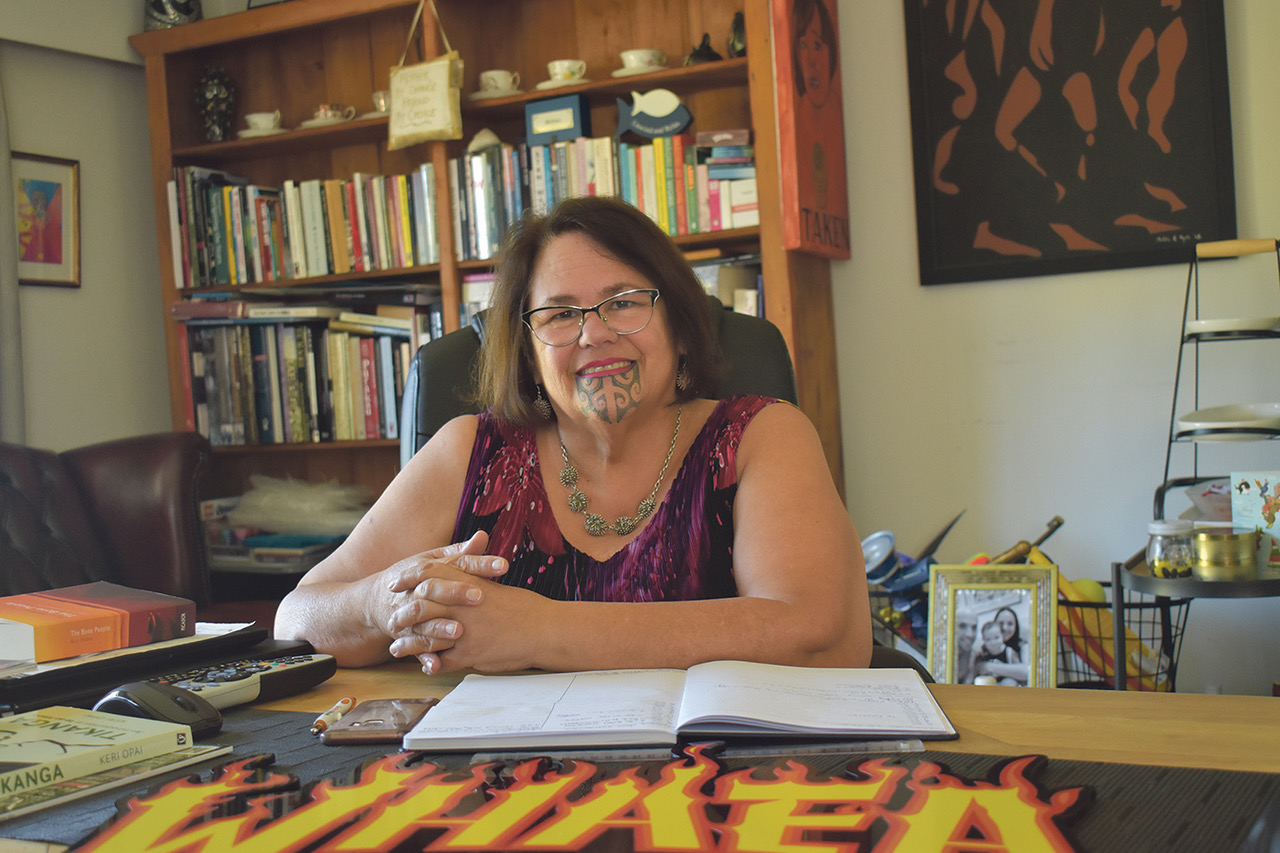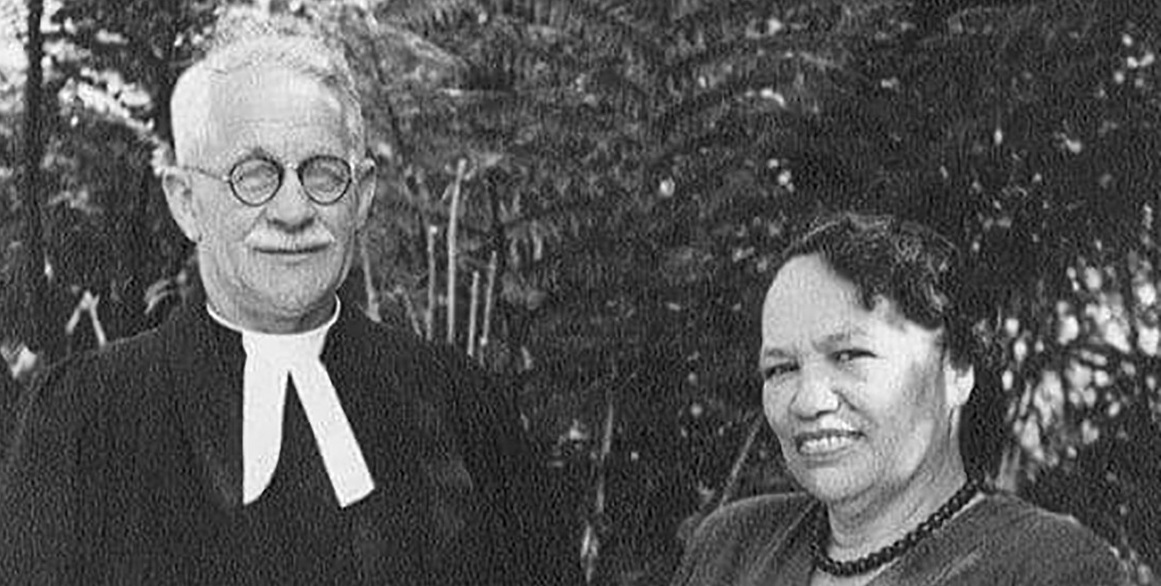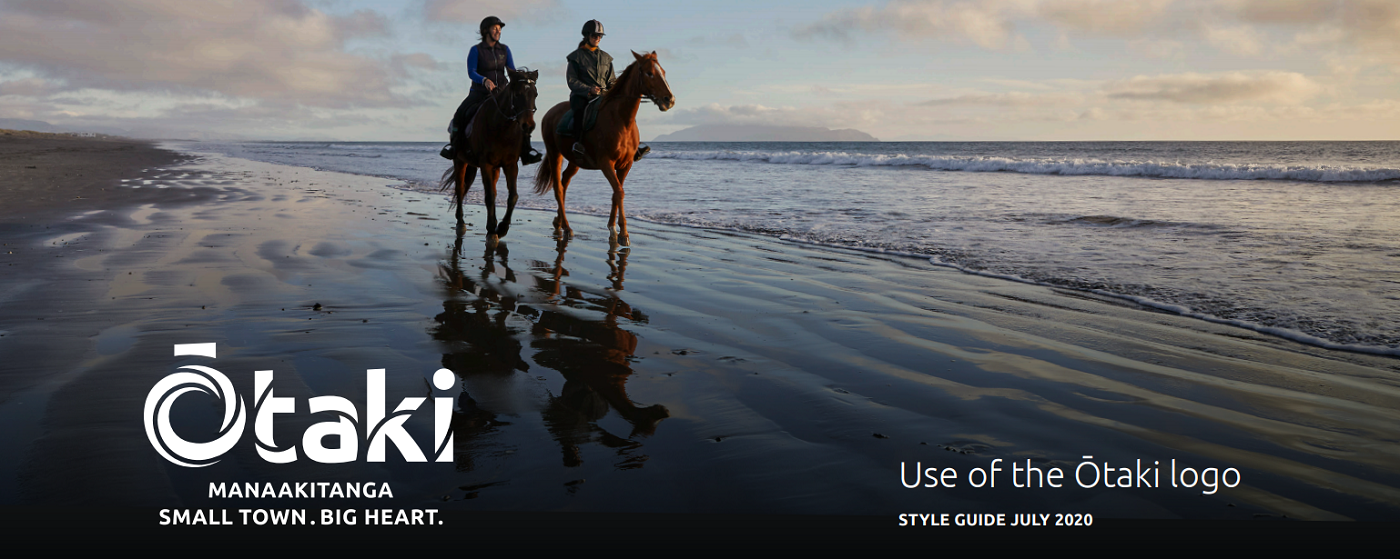
Dr Kathleen (Kathie) Irwin
Member of the New Zealand Order of Merit for services to Māori education
Her whakapapa would suggest Dr Kathie Irwin was destined to spend her working life in education.
That has certainly been the case, but she was almost diverted by her talents as a young singer, whose tutor suggested she go to London to further her career. Instead, she took her parents’ advice and went to teacher training college in Palmerston North, at the end of which she could reconsider. Teaching won out, and the passion for enquiry and debate at Hastings Girls’ High School led her down a path that expanded from teaching, to lecturing and ground-breaking research into Māori education.
Kathie (Ngāti Porou, Ngāti Rakaipaaka) was born in the East Coast town of Waipiro Bay. Both her parents – Kath and Keith Cameron – were teachers (and Kathie’s siblings also became teachers). Mother Kath had a Māori mother and Orkney Islands father; father Keith had Scottish and Irish parents. The strong will of Kathie’s grandmother, Horiana Te Kauru Laughton, was a big influence on Kathie.
Horiana was brought up at Nuhaka in northern Hawke’s Bay with the Mormon Church, but newly arrived Presbyterians offered opportunities for a few young Māori Presbyterian girls at their schools. At the age of 15, in 1914, Horiana told her parents she was converting and going to school at Turakina, near Whanganui. It wasn’t received well by the whānau, but she went anyway. She became dux of Turakina Māori Girls’ School and went on to be a mission teacher.

HONOURED: Kathie Irwin MNZM at her Ōtaki Beach home.
Photo Ian Carson
“Interestingly, 100 years later, my daughter, named Horiana after her great-grandmother, graduated with a law degree from Harvard University in Massachusetts. How cool is that?”
Both Kathie’s parents worked in the Native School system, initially moving from school to school doing their “country service”. As a couple they could both work as teachers and they had independent incomes. At the time, if a woman married in the State school system, she had to leave her teaching job.

INFLUENTIAL: Kathie’s maternal grandparents, Rev John Laughton and Horiana Te Kauru Laughton in the grounds of Te Maungarongo Presbyterian Marae, Ohope.
Photo supplied
“I remember Mum telling me she once wanted a new lounge suite, so she went to a department store and asked to pay it off,” Kathie says. “The salesman wanted my Dad’s signature. That annoyed her. Mum told him right there that she was paying for it herself.”
By the time Kathie was 5, Keith was principal of Raureka School in Hastings with Kath a senior teacher. They later took similar roles at nearby Mahora School.
Kathie and her two siblings grew up under the influence of her Māori whānau, and felt a keen sense of injustice, relating it in passionate school oratory competitions that was often scoffed at.
“After one speech, one of the teachers said: ‘You don’t really believe all that crap, do you?’ I was astounded.”
Having completed three years of training as a teacher herself, Kathie completed an honours degree in education, meantime also becoming an internationally qualified netball umpire.
She did two years of teaching at Monrad Intermediate School in Palmerston North, and by the age of 23 became a junior lecturer at Massey University. She was later a full professor, lecturing and conducting research in Māori education at Victoria University, Christchurch College of Education, Te Kōhanga Reo National Trust, and Te Whare Wānanga o Awanuiārangi.
She founded and led He Pārekereke: Institute for Research and Development in Māori Education in 1991, and received the Ngārimu Victoria Cross and the 28th Māori Battalion post-graduate scholarship for her PhD research.
She was the first Māori recipient of the Hodge Fellowship in 1994 and inaugural recipient of Te Whare Wānanga o Awanuiārangi post-doctoral professorial research fellowship. She is deputy chair of the Joint Research Committee Mana Wāhine Kaupapa inquiry.
Her work is currently with the Retirement Commission, reviewing the implications of retirement on Māori from a Treaty perspective.
Kathie lived in Ōtaki in the 1980s when her children, Horiana and Cliff, were born. She settled permanently here in 2019. The Retirement Commission advises on retirement income and financial capability, so Kathie has followed Cliff into the sector – he has worked at one of the major banks for more than a decade.
LATEST POSTS
- Peter Lynn Kites feature of festival magic
- Te Rā Whakapūmau cements legacy
- RSA positive as it focuses on the future
- Sir Chris, first Ōtaki knight
- More works in downtown Ōtaki
- Concerts line up for rotunda
- Yilin Ōtaki College dux
- No respite for ‘cone town’
- Trout spawn in Winstone Lakes
- Two more in Hall of Fame
- Rāhui Rd next in line for road works
- ‘Monkey’ back to old tricks
- Ōtaki dominates awards night
- Sam risks all for Gaza
- Heniti ‘proud to call Ōtaki home’
- Infrastructure works keep rolling on
- An ONZM for arts, sport, heritage
- Trappers aim for predator free Te Horo
- Te Horo hall wants land for car park
- Beach burglars pinch trailer and tools

